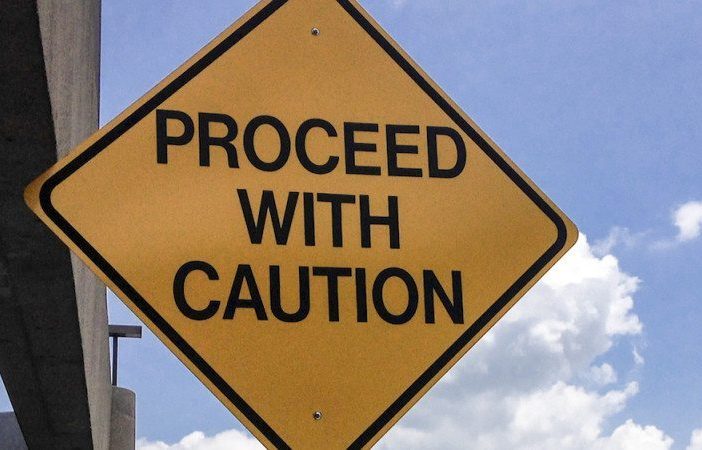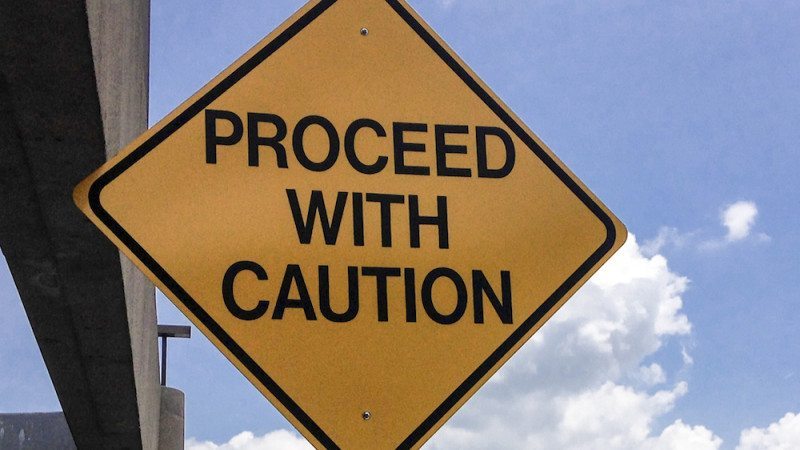

Little more than a week after the Clean Energy Council announced new industry-led initiatives to crack down on shonky rooftop solar suppliers, a cautionary tale has emerged illustrating how easy it is for the average Australian consumer to unwittingly buy PV panels that don’t meet key regulatory guidelines.
The warning has been issued by Greenbank, Australia’s largest trader in solar credits, which late last year found itself accountable for nearly 200 rooftop solar systems installed in rural NSW and Queensland in 2013/14, which turned to be made up of non-genuine Canadian Solar panels.
Greenbank didn’t install the panels in question, and had nothing to do with the company that did – a now defunct outfit called AEG (Australian Energy Group) based in the Sovereign Islands off Queensland’s Gold Coast. But it did draw solar credits from the installations.
“What this company did was target the ageing population in NSW and Queensland’s regional areas, with seminars at the local RSL clubs, promising a rebate and a good (31c/kWh) FiT,” explained Greenbank CEO Fiona O’Heir in an interview with One Step Off The Grid on Tuesday.

The offer was well received. Then, in 2015, one of the AEG installed systems in Far North Queensland failed, so the owner rang Canadian Solar.
“The sales rep went to the site and said ‘these aren’t our panels’. That’s where it started. They looked at the serial numbers and they didn’t match what they were creating at the time,” O’Hehir said.
But by the time the regulator twigged that the problem extended beyond this one Queensland rooftop, AEG had gone into liquidation, owing $1.5 million to creditors in three states. So it went after Greenbank, for what’s known as improper (STC) creation.
The result, for Greenbank, was a a debt of roughly $500,000 – a refund repayable to the Regulator of the solar credits it drew from the panels.
O’Hehir doesn’t spend too much time dwelling on this detail of the story – as she herself notes, it’s a case of “straight exposure”. But she does have serious concerns about the broader implications of the outcome, for an industry that has ballooned from 40 solar installers to more than 4,000 in a relatively short period of time.
It was with this in mind – and the concern that stuff-ups like this could, particularly in an unfavourable political environment, bring the entire industry into disrepute – that she has since taken the extraordinary step of, rather than repaying the solar credits, replacing all of the AEG installed non-genuine panels with the genuine Canadian Solar article, at a total cost of nearly $1 million.
“Some people think I’m crazy,” O’Hehir says in a video on aggregator’s website. “Because surrendering these certificates to the regulator will be expensive, but actually replacing the non-genuine panels with proper panels is even more expensive.
“At Greenbank, we take the long view. This is our industry and this is our business and this is our future. If we don’t behave like a good corporate citizen and fix this, then we’re leaving a debt in the industry. … These panels that have been sold aren’t as efficient as the …genuine ones, and they won’t be getting the full output of their investment.”
(In another interesting twist to the story, most of the non-genuine panels have been working just fine, despite being non-compliant, making some of the more elderly rooftop solar owners reluctant to accept Greenbank’s offer, even despite the fact they would lose their warranty.)
Six months into the saga, and with a shipment of genuine Canadian Solar panels making its way to Australia, O’Hehir is no less concerned.
“We’ve taken the brunt of this,” she told One Step by telephone this week. “The whole of the industry could have been brought unstuck.
“The issue is, if we just surrendered the certificates, then no one has any value. So we decided to add another $400,000… and give (the consumers involved) something to hold on to.”
So what message does this episode send to consumers?
“There is a message to send,” says O’Hehir, “that ‘buyer beware’, because what’s happened now is that solar panels have become what we’d call, in wider terms, a commodity. So no one’s looking a brand.”
But the real message here, she says, is for industry and for regulators: “They need to get off their bums and start doing what they have said they will do.”
These days the CER has “a dedicated software person” looking at integrating solar panel serial numbers into the back of the registry, but even getting that to happen has been a battlefield, O’Hehir says.
“We all should expect that they deliver us something. …If you do something wrong, if you don’t comply, there has to be an outcome.”
The other big lesson, as far as O’Hehir is concerned, is for Australia’s burgeoning residential battery storage industry, with estimates that 50,000 battery storage systems could be installed nationally over the next 12 months, and more than a million within a decade.
“If batteries take of like solar has… we have to make sure that people importing batteries are following regulations.
“It’s really important, because batteries are more dangerous,” she says, echoing similar concerns expressed to One Step by solar and storage industry players, that battery storage is one of the most dangerous electronic items people will put in their houses.
Just last week, images of an “exploded” lithium-ion battery storage device in a household garage in Victoria caught the attention of social media, highlighting the risks and the lack of formal standards in a technology that is expected to be at the heart of a booming billion dollar industry in Australia.
“The battery storage industry needs to learn a big lesson from solar,” O’Hehir adds. “They’ve got an opportunity at the start to get this right.”
Meanwhile, for the NSW and Queensland recipients of non-genuine solar panels, things worked out ok.
“The work to replace your panels will be arranged by Canadian Solar on behalf of Greenbank Environmental, and the panels will come with the manufacturer’s full 25 year warranty,” the Clean Energy Regulator said in a letter issued to the affected households.

Sophie is editor of One Step Off The Grid and deputy editor of its sister site, Renew Economy. Sophie has been writing about clean energy for more than a decade.



